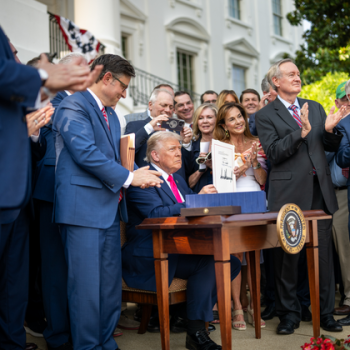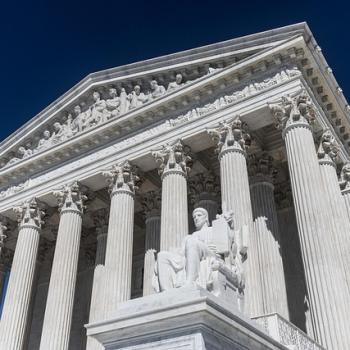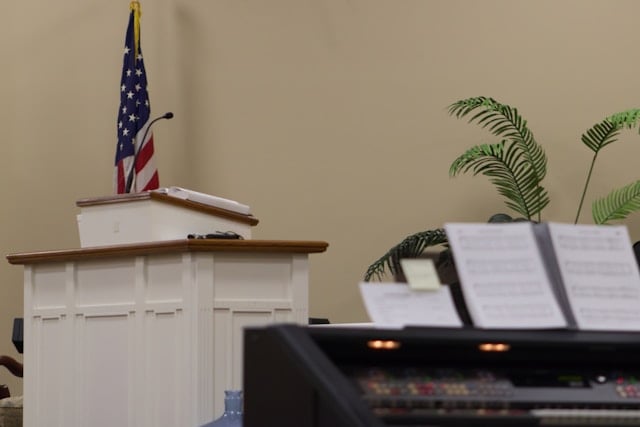
What’s The Johnson Amendment?
While the Johnson Amendment may not ring a bell for many, the name Johnson should. The Johnson referred to is President Lyndon B. Johnson, the 36th President of the United States. Prior to becoming president, Johnson served as a senator from Texas and the majority leader in that Congressional body. In his legislative role, the Texas senator introduced an amendment to the tax code in July 1954 which became known as the Johnson Amendment.
Johnson’s proposal banned all tax-exempt organizations from political participation “directly or indirectly.” Its language expressly targeted “any political campaign on behalf of (or in opposition to) any candidate for public office.” This wording was directed at tax-exempt organizations endorsing or opposing political candidates. Deemed uncontroversial at the time, the legislation passed without any discussion or debate. The Johnson Amendment covers any Section 501(c)(3) organization, not just religious ones.
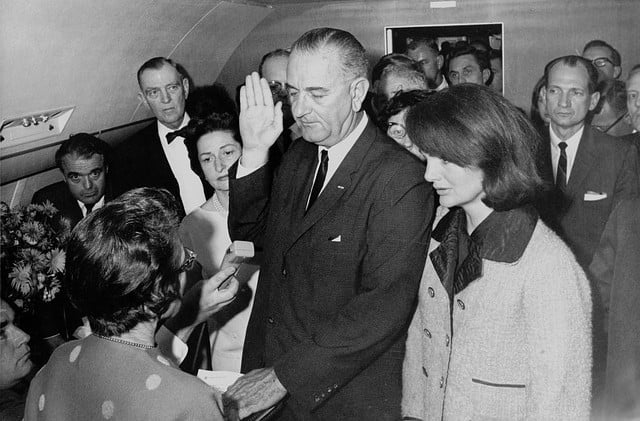
Nonprofits and Pulpit Politics Tax Consequences
After passage, the Johnson amendment became a part of the federal law, specifically Title 26, the Internal Revenue Code (“IRC”). The political activities prohibited by the new amendment were those taken by Section 501(c)(3) nonprofits. That section of the IRC gives a description of such organizations which could receive federal income tax exemption.
Those organizations deemed 501(c)(3) nonprofits are the most common type of nonprofit organization (“NPO”) in the US. Familiar examples include the Red Cross and Doctors Without Borders. They range from charitable organizations to churches to universities. No matter the specific type of a 501(c)(3) NPO, a strict prohibition on engaging in political activities applies. This prohibition means, according to the IRS, these NPOs may not take a position supporting or opposing a political candidate. They also may not contribute to political campaign funds. Violation of the Johnson Amendment risks the loss of an NPO’s tax-exempt status.
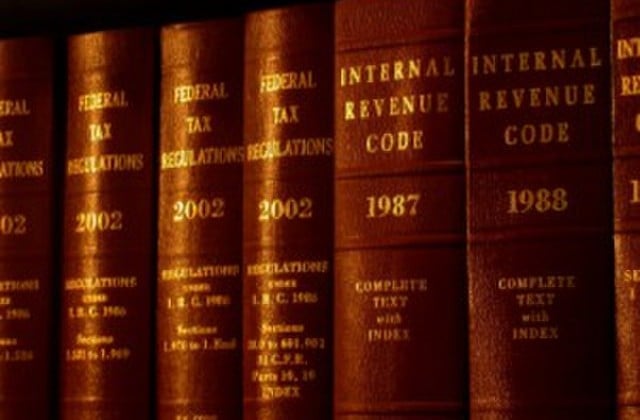
Growing Criticism Of The Johnson Amendment
Legal scholars believe the Johnson Amendment raises three or more possible constitutional concerns. These potential violations concern the First Amendment’s right to free speech as well as the First Amendment’s free exercise and establishment clauses. The Johnson Amendment may also impose an unconstitutional condition on the federal benefit of tax-exempt status for those who forgo political activities. Nevertheless, over the years court decisions have upheld the Johnson Amendment.
IRS scrutiny of the activity of religious NPO’s rankled both politicians and religious groups. Donald Trump in his 2016 presidential campaign urged the repeal of the Johnson Amendment. Shortly after his election, the new president vowed at the National Prayer Breakfast in February 2017 to “totally destroy” it. In March of 2025, North Carolina’s Rep. Mark Harris stated, “For too long, the Johnson Amendment has silenced pastors, churches and non-profits from engaging on moral and political issues of our day for fear of losing their tax-exempt status.”

Pulpit Politics Tax Consequences Revised By Federal Court Agreement
In August 2024, four evangelical religious organizations filed suit in the Eastern District of Texas challenging the constitutionality of the Johnson Amendment. The lawsuit, however, was brought on behalf of all Section 501(c)(c) organizations, not just churches. The four plaintiffs included the National Religious Broadcasters, the Baptist Church of Waskom, Texas, Sand Springs Church of Athens, Texas, and Intercessors for America (a conservative Christian prayer advocacy group). The filing named the IRS and its commissioner, Billy Long, as defendants.
Less than a year later, the two plaintiff churches and the IRS Commissioner jointly asked the court to approve a judgment containing the agreement they reached to resolve the case. Known as a consent decree, it acknowledged the Johnson Amendment did not apply to a church’s political activity under certain conditions. Specifically a church may make political statements to their congregation through “customary channels of communication” when compelled by religious beliefs to take a position. These communications extend to endorsement with political discussion through the church’s normal means of communication deemed similar to “family discussions.”
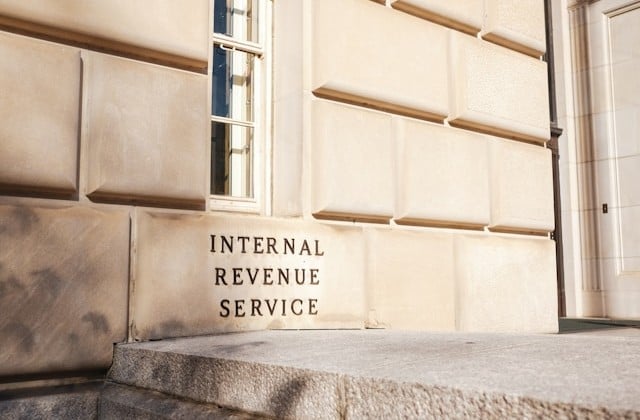
Reaction To Changes In Pulpit Politics Tax Consequences
President Trump hailed the new IRS interpretation of the Johnson Amendment. He called allowing political activity as outlined in the consent decree a “terrific” move. Religious leaders also lauded the change. The senior pastor of Dallas’ First Baptist Church, Robert Jeffress, wrote, “Government has NO BUSINESS regulating what is said in pulpits!” Time will tell how the new interpretation will affect IRS practice and 501(c)(3) behavior. However, the consent decree stands as a move allowing religious organizations freer speech about political matters.
Explanation of The Johnson Amendment and Its History





